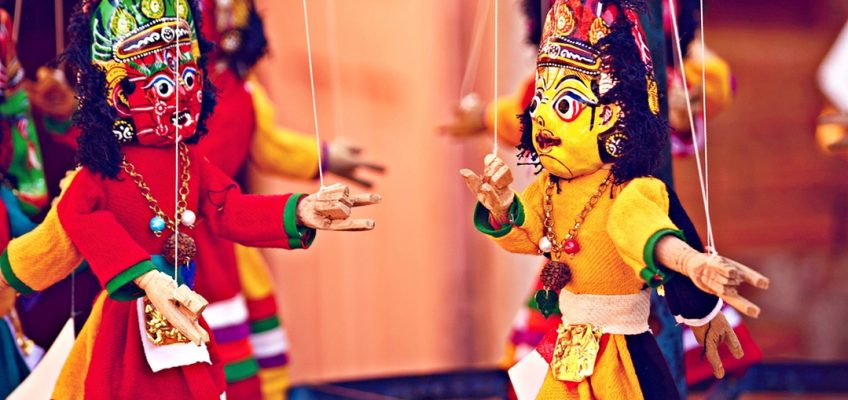Most people sincerely try to be good. They work hard. They make themselves trustworthy by honoring commitments and keeping promises. They try to uphold their bargains. And yet problems, often serious problems, still occur. Think about income inequality, the rise of political and religious extremism, or climate change. The natural response to these ills is to look around for someone to hold accountable. If things have gone sideways and I’ve been trying hard to do the right thing, it must be the fault of . . . fill in the blank:
- Governments that make too many—or not enough—laws
- School systems that fail to educate kids properly
- Companies that seem to profit ahead of other consideration
- People in other countries, or other parts of this country, who don’t share my values
- In-laws who never appreciated my capabilities
The list of potential people to blame is endless. And yet, if you look more closely and without prejudice, you find a curious thing. Most of these people aren’t very satisfying villains, because they too are bewildered and frustrated by harms they didn’t intend to cause. They too set out to do the best they could, often under difficult circumstances.
Cooperative Wisdom recognizes and respects these good intentions. We start with the assumption that most people do not intend to harm others. And when they become aware of harms, they will want to do something about them. Many harms occur simply because people are locked into their own point of view. Red sees red. Yellow sees yellow. No one sees orange.
Beginning with blame makes people harden their positions. They defend what they’ve done because they don’t want to be held accountable when they were trying to do their best. Starting with respect enlists the goodwill of others. And then cooperation for mutual benefit becomes more likely.


Leave a Reply